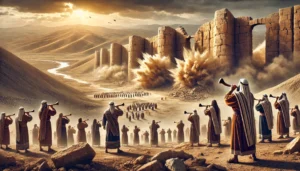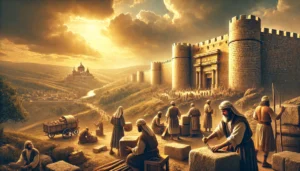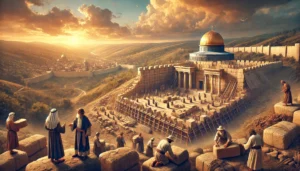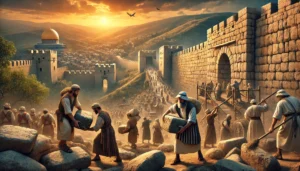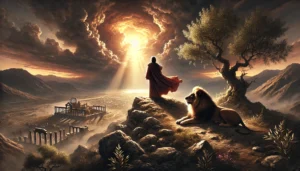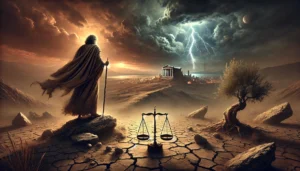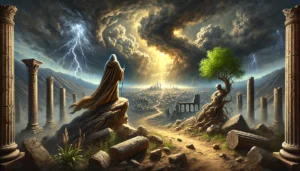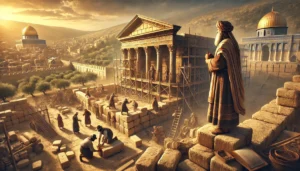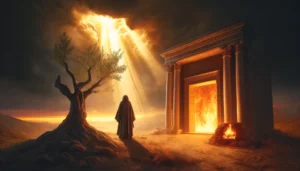Old Testament Overview
The Old Testament is the first and foundational part of the Bible, containing the sacred scriptures of Judaism and forming the basis for Christianity. It is a collection of 39 books that recount the creation of the world, the history of Israel, God’s laws, prophecies, poetry, and divine promises. Written over a span of centuries, it reveals God’s relationship with humanity, His covenant with Israel, and His plan for redemption. The Old Testament is traditionally divided into four main sections: the Law (Torah), the Historical Books, the Wisdom Literature, and the Prophets.
The Torah (Pentateuch), composed of the first five books—Genesis, Exodus, Leviticus, Numbers, and Deuteronomy—provides the foundation of the creation story, the fall of humanity, and God’s covenant with Abraham and Israel. It details the Exodus from Egypt, the giving of the Ten Commandments, and the establishment of religious laws and societal order. These books lay the groundwork for Israel’s identity as God’s chosen people, governed by divine law.
The Historical Books—including Joshua, Judges, 1 & 2 Samuel, 1 & 2 Kings, and others—chronicle Israel’s journey into the Promised Land, their struggles with obedience, the rise and fall of kings, and periods of exile and restoration. They illustrate the consequences of faithfulness and disobedience, showcasing God’s justice and mercy through figures like David, Solomon, and the prophets.
The Wisdom Literature, including Psalms, Proverbs, Ecclesiastes, and Job, offers poetic reflections on life, suffering, and God’s wisdom. The Psalms express deep emotions of praise, lament, and hope, while Proverbs provides practical wisdom for righteous living. Ecclesiastes explores the meaning of life, and Job wrestles with human suffering and divine sovereignty.
The Prophetic Books, such as Isaiah, Jeremiah, Ezekiel, and Daniel, contain messages of judgment, warning, and hope. The prophets called Israel to repentance, warned of impending exile due to sin, and foretold the coming of the Messiah. Books like Micah and Zechariah prophesy a future redemption, pointing toward the New Testament fulfillment in Jesus Christ.
Throughout the Old Testament, God’s faithfulness remains constant despite human failure. From the fall of Adam and Eve to the exile of Israel, God repeatedly offers grace, covenants, and hope for restoration. It lays the groundwork for Jesus Christ, the ultimate fulfillment of God’s promises, making the Old Testament essential for understanding the full biblical narrative of creation, sin, redemption, and salvation.





